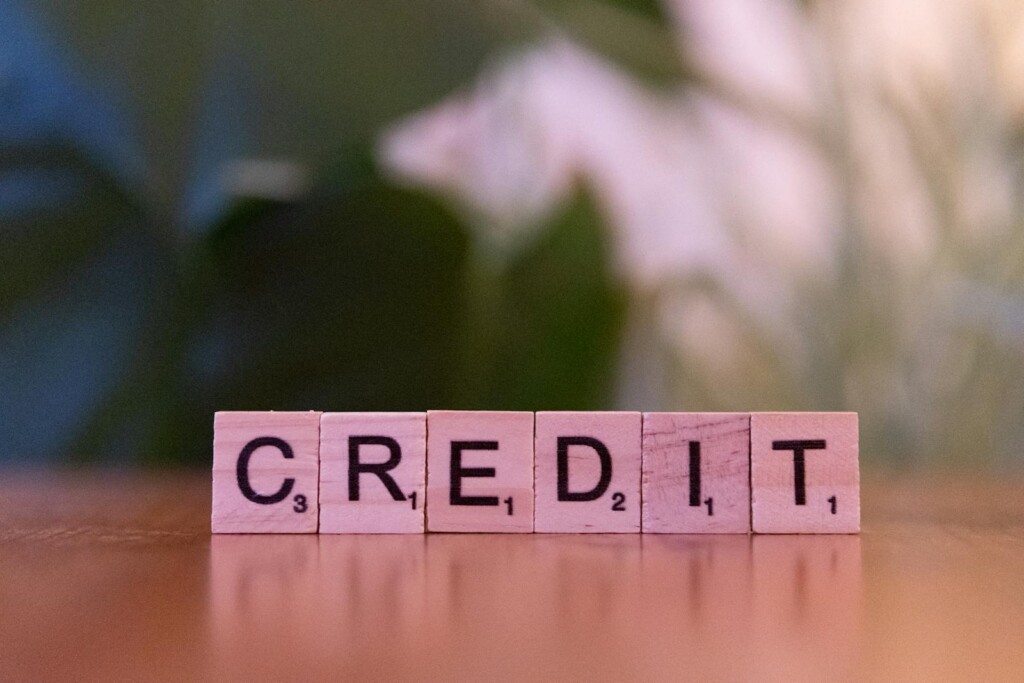Starting a business is exciting, but it can also feel a bit overwhelming. There’s the product or service to think about, customers to find, and money to manage. One thing that doesn’t always get attention early on is business credit. That’s the score lenders and suppliers look at to decide if they can trust a company with loans or payment terms. The better the score, the easier it is to get good deals, higher limits, and lower interest rates.
It’s easy to think building business credit will take years, but it doesn’t have to. With the right steps and a bit of consistency, a small business can make real progress much faster than expected.
Why Business Credit Matters More Than You Think
Business credit is separate from personal credit. This means that if the business runs into trouble, it doesn’t have to drag down the owner’s personal finances. It also gives a company a more professional standing with suppliers, banks, and even potential partners.
Good credit can unlock better loan offers, which is important if the business ever wants to expand. It can also make it easier to negotiate payment terms with suppliers. Instead of paying upfront for everything, businesses with solid credit can often pay 30 or even 60 days later, which helps cash flow.
If a business relies only on personal credit, it risks maxing out personal cards or damaging a personal score. Building business credit early is a way of protecting both sides.
Getting Started the Right Way
The first step is making sure the business is set up properly. That means registering the company legally and getting an Employer Identification Number (EIN). This number is like the business’s version of a social security number and is used for tax and credit purposes.
Next, the business needs a dedicated bank account in its name. Mixing personal and business transactions in the same account can cause problems and makes it harder to prove financial responsibility. Having a separate account also makes tracking income and expenses far easier.
Once these basics are in place, the business can start thinking about credit-building tools. This is where understanding how to build business credit fast can make a big difference. By starting with accounts and cards that report to business credit agencies, progress can be seen much sooner.
Using Credit the Smart Way
Getting approved for a business credit card or a small loan is only the start. The real key is how it’s used. Spending should be manageable, with amounts that can be paid back in full each month. Carrying a large balance can hurt a score and lead to unnecessary interest charges.
It also helps to keep the credit utilisation low. This means not using the full amount available. For example, if a card has a £5,000 limit, spending no more than £1,500–£2,000 on it is healthier for the score.
On-time payments are non-negotiable. Even one missed payment can damage progress. Setting up automatic payments for at least the minimum amount can help avoid this.
Working With Suppliers
Not all credit comes from banks or card companies. Many suppliers and vendors also offer trade credit. This is where they deliver goods or services first and allow payment later. Some suppliers report this payment history to business credit bureaus, which can help a score grow faster.
To make this work, it’s important to check if a supplier reports payments. If they don’t, those on-time payments won’t show up in the credit record. Building relationships with suppliers who do report can make a big difference in the early stages.
Checking the Score Regularly
A business credit score isn’t something to guess about. It can be checked through agencies like Dun & Bradstreet, Experian Business, and Equifax Business. Each agency may have slightly different scoring systems, so it’s worth checking more than one.
Looking at the score regularly helps spot mistakes. Sometimes payments are recorded incorrectly, or an account that should be closed is still showing as active. Fixing these errors quickly can stop them from dragging down the score.
The Power of Small Steps
It’s tempting to try to do everything at once, but business credit is best built through steady, consistent actions. That means using credit responsibly every month, keeping accounts in good standing, and slowly adding new credit lines over time.
Even small purchases can help if they’re reported. For example, paying for office supplies through a business credit account and then paying it off right away still counts as positive activity. Over time, these small actions add up.
Avoiding Common Mistakes
Some businesses make the mistake of taking on too much credit too soon. Having multiple cards or loans might seem like a good way to build a score faster, but it can backfire. Each new application can cause a small dip in the score, and managing too many accounts can get messy.
Another mistake is ignoring business credit altogether until it’s urgently needed. At that point, building it quickly becomes much harder. Starting early, even with small steps, keeps the process stress-free.
Keeping It Going Long-Term
Once the business has a good credit score, the work doesn’t stop. Scores can drop if payments are late or if balances get too high. Even businesses that aren’t planning to borrow in the near future should maintain good credit habits.
Having strong credit can be a safety net. It means if there’s a sudden need for equipment, stock, or expansion, financing can be arranged quickly and at better rates. It also makes the business look stable and trustworthy to others.
Key Points to Remember
Building business credit fast is possible with the right approach. Registering the business properly, opening a dedicated bank account, and choosing credit options that report to the right agencies set the foundation. From there, smart spending, on-time payments, and regular score checks keep things moving in the right direction.
By treating credit-building as part of everyday business management rather than a one-off task, a small business can go from zero to credit hero far sooner than expected.

